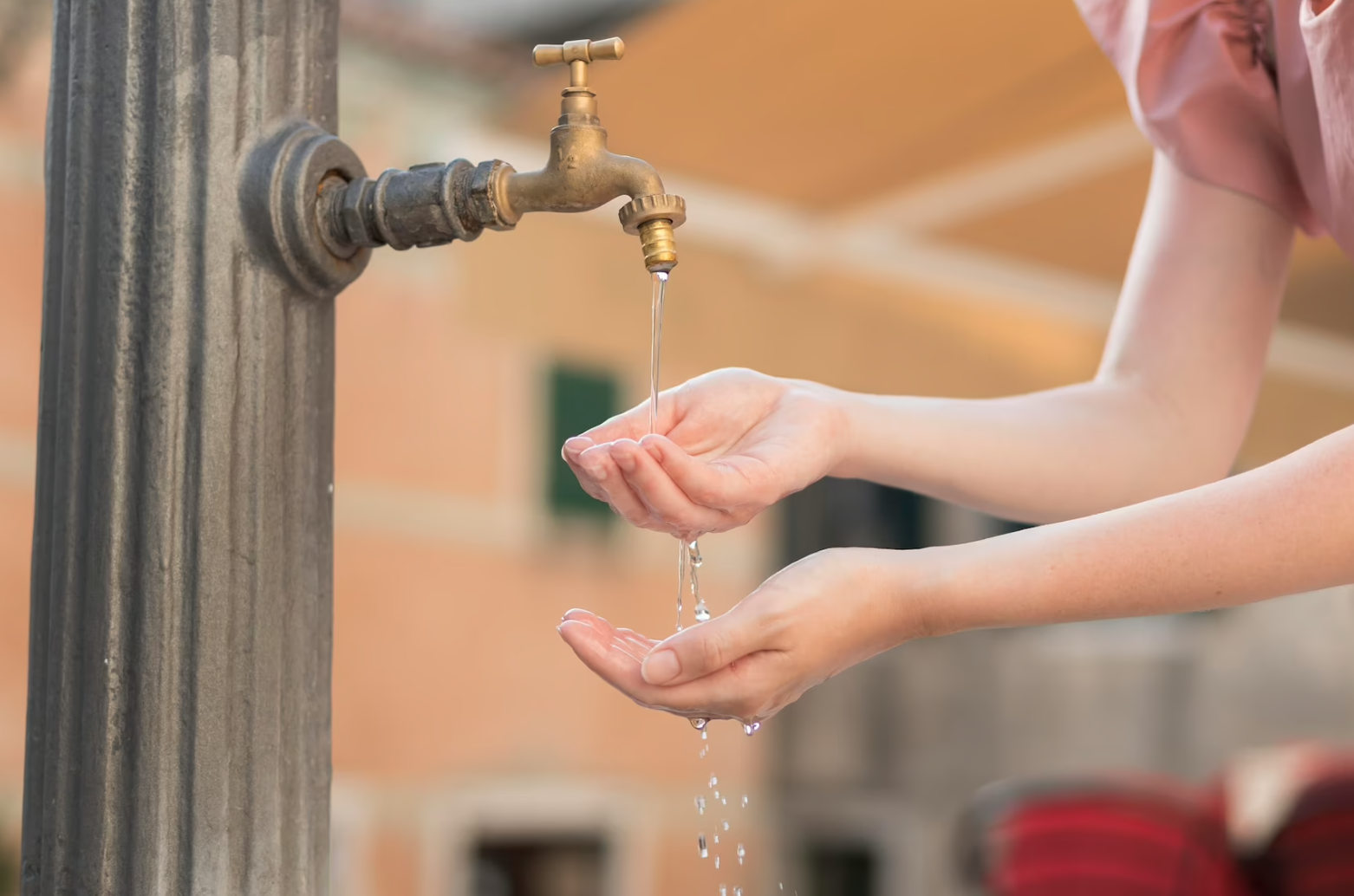The Impact of Water Scarcity on Communities: A Critical Global Issue

Water scarcity remains a critical global issue that impacts millions of people around the world. While water is a precious resource, the lack of access to clean and safe water has far-reaching consequences that affect various aspects of life. From health to education, gender equality, and economic development, the effects of water scarcity are undeniable.

Health Implications
The lack of access to clean and safe water contributes to the spread of water-borne diseases such as cholera, typhoid, and dysentery. These diseases can be life-threatening, particularly for vulnerable groups such as children and the elderly. Poor sanitation further compounds the problem, contributing to the spread of diseases and illnesses.

- Lack of access to clean and safe water contributes to the spread of water-borne diseases like cholera, typhoid, and dysentery.
- Vulnerable groups like children and the elderly are at higher risk of contracting these diseases, which can be life-threatening.
- Poor sanitation, resulting from water scarcity, further increases the risk of spreading diseases and illnesses.
- Water scarcity also affects personal hygiene, leading to increased health problems like skin and eye infections.
- Long-term exposure to unsafe water can cause chronic health problems like cancer, reproductive and neurological disorders.
Education Implications

Water scarcity also impacts education, particularly for girls who are often responsible for collecting water for their families. This task can take several hours each day, leading to missed educational opportunities that can limit their future prospects.
- Water scarcity affects education, especially for girls who are responsible for collecting water for their families.
- Children may miss school to collect water, resulting in a significant loss of educational opportunities.
- Lack of access to clean water and sanitation facilities in schools can lead to absenteeism, low academic performance, and dropouts.
- Water scarcity can lead to conflicts over water resources, disrupting educational activities in schools.
- Providing access to clean water and sanitation facilities in schools improves attendance, academic performance, and reduces dropout rates.
Economic Implications
Economic development is also impacted by water scarcity. Inadequate access to water can limit agricultural production, which can adversely affect food security and local economies. In some regions, water scarcity has led to conflicts over resources, further exacerbating poverty and economic inequality.

- Water scarcity affects economic development by limiting agricultural production and affecting food security.
- Inadequate access to water leads to low crop yields, reduced income for farmers, and increased food prices.
- Water scarcity also affects industries that rely on water, such as manufacturing, energy production, and tourism.
- Water scarcity can lead to water conflicts, resulting in the destruction of infrastructure and loss of livelihoods.
- Addressing water scarcity through sustainable water management can create job opportunities and boost economic growth.
Efforts to Address Water Scarcity
Efforts are being made to address the issue of water scarcity and improve access to clean and safe water. The United Nations has identified access to safe and clean water as a basic human right and set a goal to ensure universal access to safe and affordable drinking water by 2030. NGOs and governments are working together to build wells and water systems, improve sanitation, and educate communities on water conservation.

- The United Nations has identified access to safe and clean water as a basic human right and set a goal to ensure universal access to safe and affordable drinking water by 2030.
- Governments and NGOs are working together to build wells and water systems, improve sanitation, and educate communities on water conservation.
- Investing in water infrastructure, such as dams and irrigation systems, can improve water availability and boost agricultural productivity.
- Increasing investment in water research can help develop sustainable water management practices.
- Promoting community-led water management initiatives can improve water governance and ensure equitable distribution of water resources.
Individual Actions
As individuals, we can also play our part by conserving water, fixing leaks, and supporting organizations working towards the goal of improving access to clean and safe water. Small actions, such as turning off the tap while brushing teeth or taking shorter showers, can go a long way in conserving water.

- Conserving water by turning off the tap while brushing teeth, taking shorter showers, and fixing leaks can help reduce water consumption.
- Choosing water-efficient appliances, such as low-flow showerheads and toilets, can help save water.
- Supporting organizations working towards improving access to clean and safe water, such as donating to water charities, can make a difference.
- Educating oneself and others on the importance of water conservation and sustainable water management practices can help raise awareness and encourage action.
- Advocating for policies that prioritize access to clean and safe water and sustainable water management can help address water scarcity at a systemic level.

In conclusion, water scarcity is a critical global issue that impacts millions of people and various aspects of life. By raising awareness and taking action, we can work towards the goal of ensuring universal access to clean and safe water, which is a basic human right.









